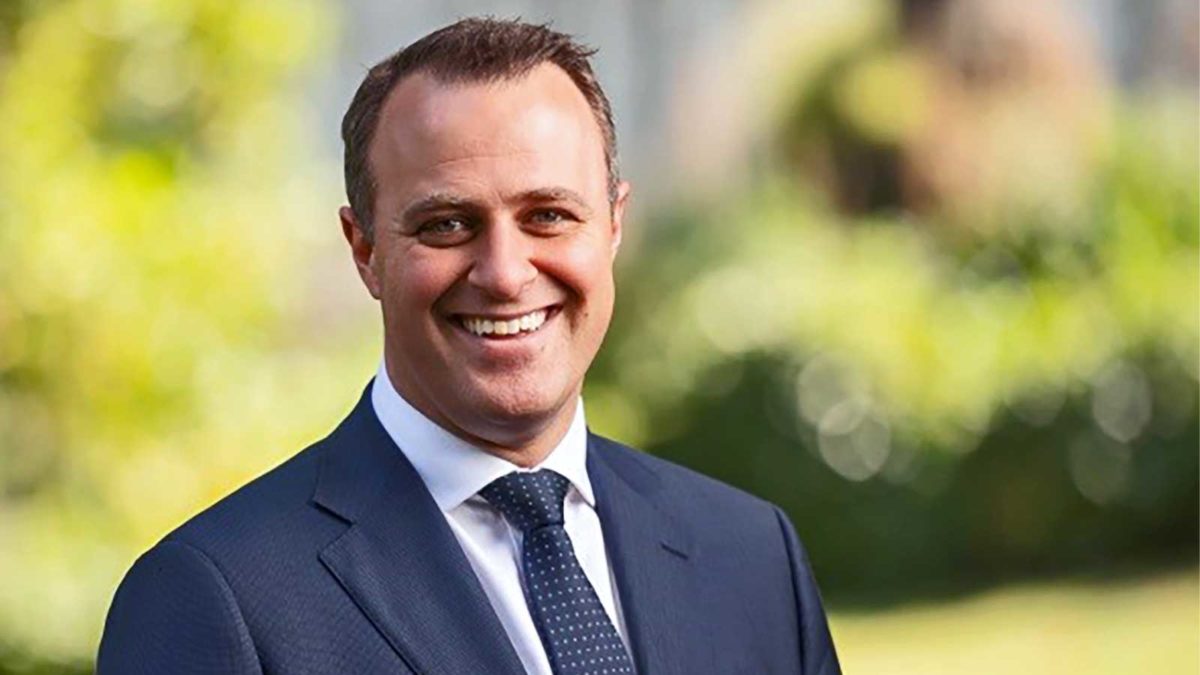Common ownership inquiry another big nothing
The new inquiry into common ownership wants to find evidence of collusion between super funds. But it appears to be the quintessential storm in a teacup.
The standing committee on economics’ inquiry into the implications of common ownership and capital concentration in Australia has supposed a problem and now faces the difficult task of finding evidence of it. The question of the day was whether super funds had exerted undue influence on the decision making of the big four banks’ executive teams or their boards, either individually or through their membership of profit-to-member fund proxy adviser the Australian Council of Superannuation Investors (ACSI).
The answer seems to be no.
“I don’t have concerns based on what we’ve experienced to date, because they haven’t interfered or tried to interfere in the running or policies of this bank,” said Ross McEwan, chief executive of NAB. “They all have views, just as individual shareholders have views, and express them… the conversations I’ve had with them since being in this role have purely been around the performance of this bank. To date, I’ve had nobody try to influence me on policy issues such as climate.”
If ACSI wields undue power, it hasn’t – at least in the case of the banks – used it to exert undue influence. Neither have the banks witnessed collusion between super funds. And, as McEwan noted, it’s rarely the funds themselves that are shareholders, but investment managers acting on their behalf.
A central case study in the inquiry was that of Brian Hartzer, the former CEO of Westpac, who left the role in the immediate aftermath of the AUSTRAC scandal. Media reports at the time suggested that ACSI and other institutional shareholders had engaged strongly with the bank’s board and that this was what led to Hartzer’s departure – but both McEwan and Peter King, chief executive of Westpac, said that the ultimate decision would have been the board’s to make.
“I won’t go into the details, but I’m aware that the board engaged with large institutional shareholders to seek their views around the AUSTRAC matter and what we might do, and that ultimately ended in some changes with the chair, the chair of the risk committee and the CEO,” King said. “The board had to make an important decision so they would have engaged shareholders for their view, but in the end it’s the board’s decision.”
Certainly ACSI and other investors may have made their expectations clear, but Hartzer’s leaked comments – in which he dismissed the AUSTRAC matter (which involved suspicious transactions that could have been associated with possible child sexual abuse) as “not playing out as a high street issue” and one that didn’t need to be “overcooked” – were the perfect PR nightmare, and one that drew blunt criticism from a huge number of commentators. It is likely that the board would have taken action anyway.
Labor members of the committee directed their suspicion at index fund providers Vanguard and BlackRock, which are the largest shareholders on both banks’ registry (both sit at around 5 per cent, while around 50 per cent of the broader registry is retail). But Vanguard and BlackRock are more interested in where the bank is sitting in the index, and so less likely to be interested in influencing the vagaries of decision making. And despite their more activist stances in recent years, Vanguard and BlackRock have focused mostly on negative screening tools to allow clients to make their own decisions about portfolio composition.
“I have not seen them influence, other than through their voting rights at shareholder meetings – which you’d expect shareholders to have their vote and say, it’s their company – our chair or the chair committees on who they bring on to the board. But at a shareholder meeting they can vote out parties,” McEwan said.
Testament to the lack of concrete evidence of either coercive control or collusion on the part of super funds is that the inquiry ran ahead of schedule, and that its firebrand chair Tim Wilson stuck to a single round of questioning. Where there’s smoke, there’s fire – but the committee can’t even find smoke.











